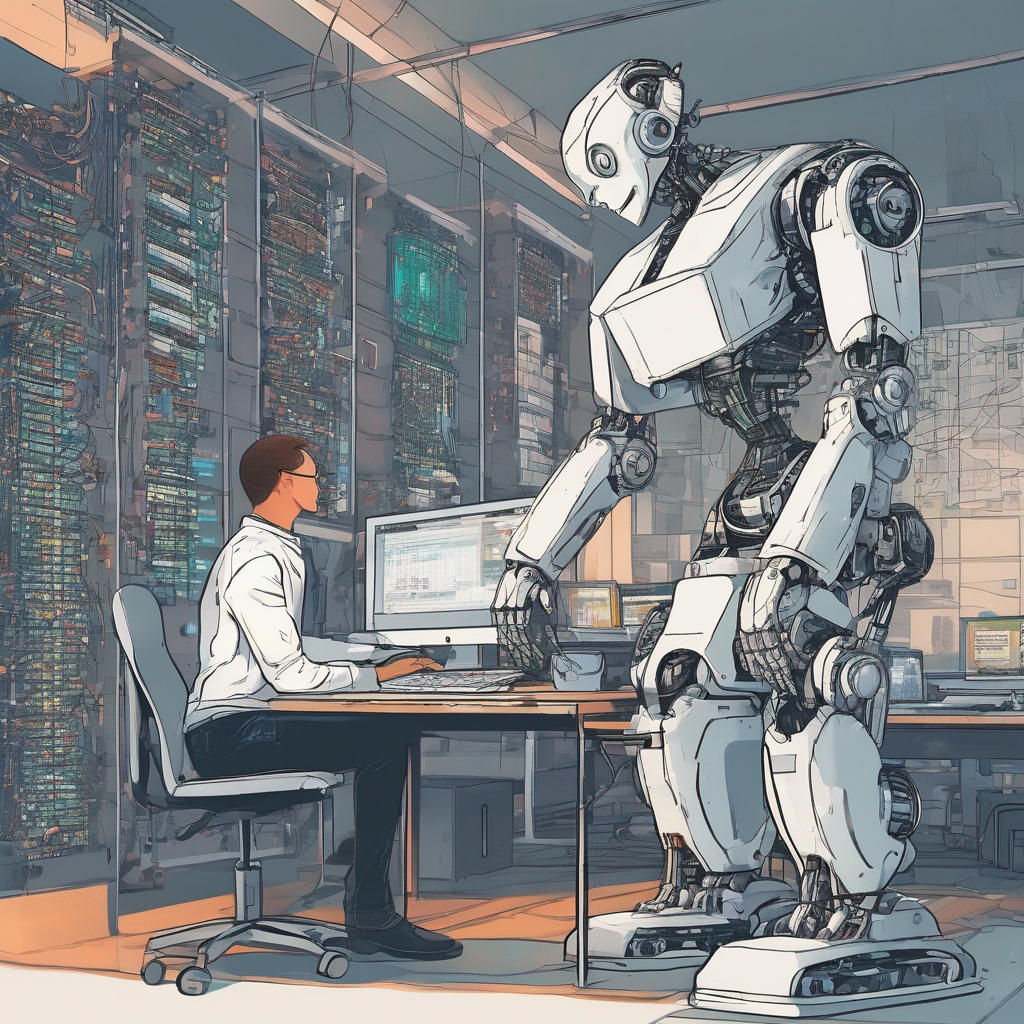AI in Cybersecurity: My Thoughts on the Double-Edged Sword

I've been thinking and working with quite a bit about AI lately. While everyone's talking about AI transforming various industries, its role in cybersecurity is particularly fascinating - and somewhat concerning.
The Good Stuff: AI as Our Digital Shield
Let me break down how AI is actually helping us defend our systems better.
Spotting the Bad Guys Faster
I've been experimenting with ingesting cyber breach data into vector stores (more on that in a bit and in previous blog posts), and it's amazing how AI can spot patterns that would take humans ages to identify. These systems can analyse network traffic in real-time, flagging suspicious activities before they turn into full-blown security nightmares.
Automatic Response (Because Humans Are Too Slow)
Here's the thing - when you're under attack, every second counts. AI systems can react instantly, doing things like isolating compromised network segments or revoking access credentials while we humans are still trying to figure out what's happening.
Predicting Trouble Before It Hits
This is where it gets really interesting. By analyzing historical attack data and current threat intelligence, AI can actually predict where attackers might strike next. It's like having a crystal ball for cyber threats - not perfect, but definitely useful.
The Worrying Bit: When AI Goes to the Dark Side (of the force)
Super-Smart Phishing
Remember when spotting phishing emails was as easy as looking for bad grammar? Those days are gone. With large language models, attackers can generate incredibly convincing messages that even seasoned pros might fall for.
Automated Vulnerability Hunting
Just as we're using AI to find weaknesses in our defences, the bad guys are doing the same thing. These AI tools can work 24/7, probing for any tiny crack in our security. It's a bit like having a tireless burglar casing your house non-stop.
The AI Arms Race
This is what keeps me up at night - we're entering an era where AI-powered attacks are going head-to-head with AI-powered defences. Each time we develop better defensive AI, attackers level up their game too.
Where Do We Go From Here?
Humans + AI: The Dream Team
Let's be honest here - AI isn't going to replace human security experts anytime soon. The future lies in getting the best of both worlds: AI's speed and pattern recognition combined with human insight and strategic thinking.
The Ethics Question
We need to think carefully about how we're using AI in security. Things like privacy, bias in AI algorithms, and transparency in automated decisions aren't just buzzwords - they're crucial considerations that will shape how effective our security measures are.
Investing Smart
If you're running a security team, you need to think about:
- Training your people to work with AI effectively
- Keeping your AI models up to date with new threats
- Making sure your data governance is solid
- Having clear rules about when AI makes decisions vs. when humans step in
My Take on All This
Having spent time experimenting with AI in security (like my project collecting cyber breach data), I can see both the immense potential and the serious risks. The key isn't to go all-in on AI or reject it entirely - it's about finding the right balance.
Organisations that figure out how to combine AI's capabilities with human expertise will be best positioned to handle whatever cyber threats come next. It's not about replacing humans with AI; it's about making humans better at what they do.
The cybersecurity landscape is changing faster than ever, and AI is both part of the problem and part of the solution. The question isn't whether to use AI in security - that ship has sailed. The question is how to use it wisely.
